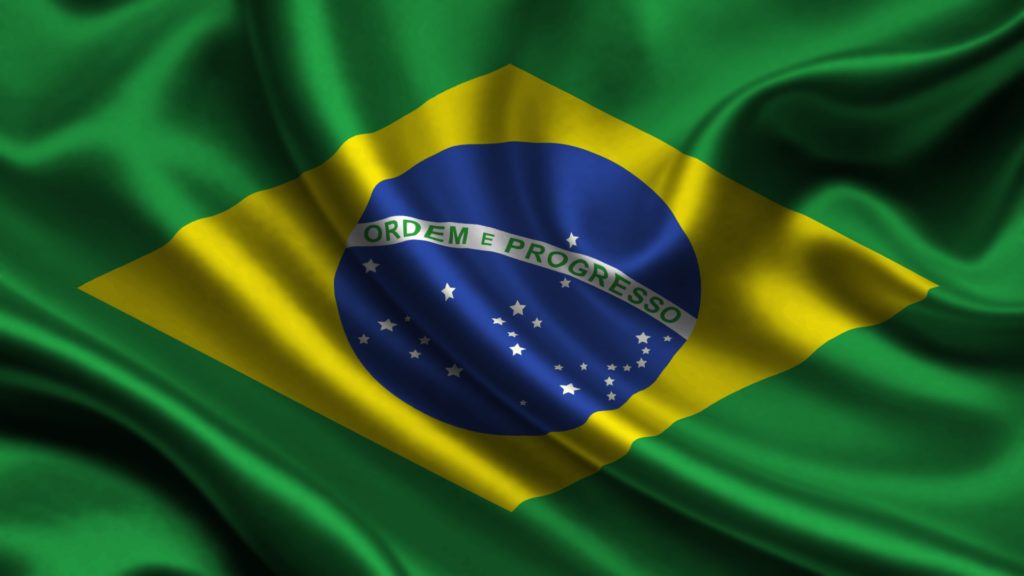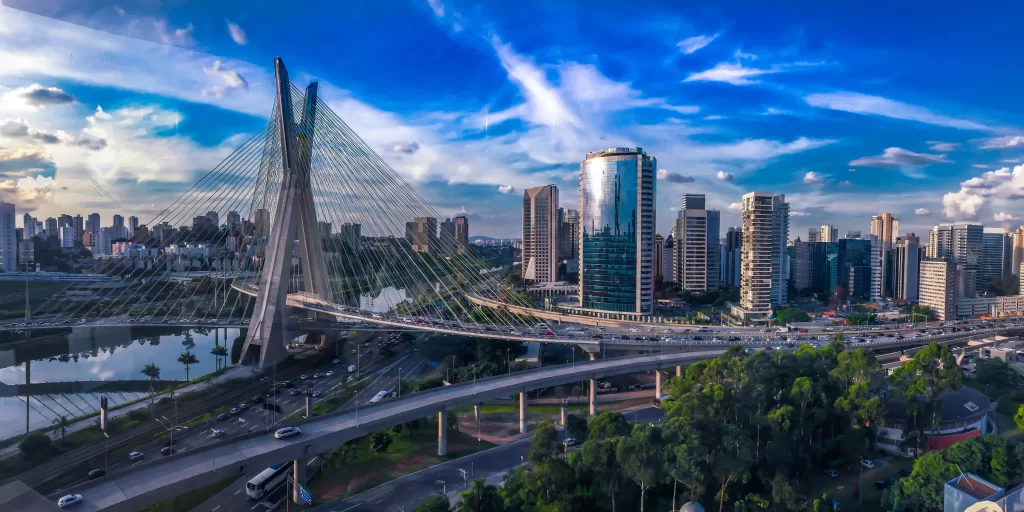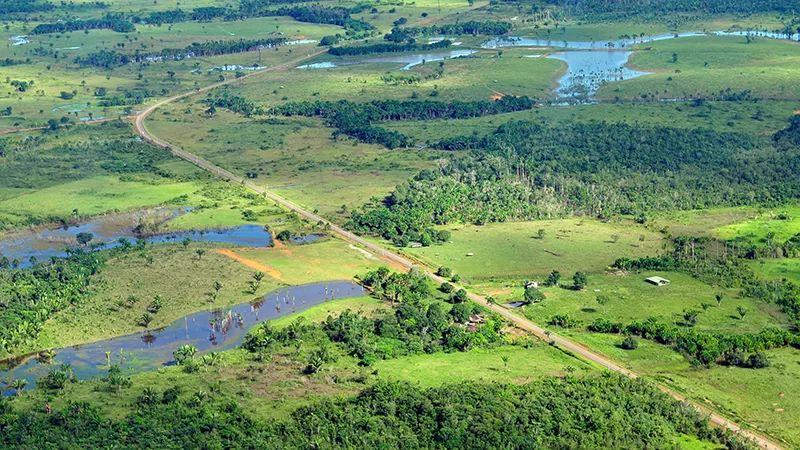Brazil Country Report

Brazil is the largest country in South America and it’s known for its rich culture, breathtaking landscapes, and passionate people. Brazil has a democratic political system with a federal presidential republic. The President of Brazil is both the head of state and the head of government. The country has a multi-party system, with various political parties representing different ideologies and interests. One of the notable aspects of Brazil’s political landscape is its focus on social and economic development. The government has implemented programs to address poverty, inequality, and promote education and healthcare for its citizens. Brazil is also known for its love of football (or soccer, as it’s called in some parts of the world). The country has a strong football culture and has produced many world-class players who have made their mark on the international stage. In terms of natural beauty, Brazil is home to the Amazon rainforest, which is the largest tropical rainforest in the world. It’s also famous for its stunning beaches, like Copacabana and Ipanema in Rio de Janeiro.
Last updated: April 7, 2022
Security
Brazil has its own unique security challenges. While Brazil is generally a safe destination for tourists and locals alike, it’s always a good idea to take precautions and be aware of your surroundings. In larger cities, such as Rio de Janeiro and São Paulo, it’s advisable to exercise caution, especially in certain neighborhoods. It’s recommended to avoid displaying valuable items, be mindful of your belongings, and use reliable transportation options. Brazil has also taken steps to improve security in recent years, particularly in preparation for major events like the Olympics and World Cup. The government has implemented measures to enhance public safety and reduce crime rates. As a visitor, it’s always a good idea to stay informed about the current security situation and follow any travel advisories or recommendations provided by your own country’s embassy or consulate.
Last updated: April 20, 2022
Infrastructure

Brazil has invested in improving its transportation networks, including roads, railways, airports, and ports. The road network in Brazil is extensive, connecting different regions of the country. The government has made efforts to expand and upgrade highways to enhance connectivity and facilitate transportation. Brazil also has a well-developed railway system, which plays a crucial role in transporting goods across the country. It’s an efficient mode of transportation for both freight and passengers. In terms of air travel, Brazil has numerous airports, including major international airports in cities like São Paulo and Rio de Janeiro. These airports serve as important hubs for domestic and international travel. Additionally, Brazil has several major ports along its vast coastline, facilitating maritime trade and transportation. These ports handle a significant amount of cargo, contributing to Brazil’s economy. While Brazil has made strides in improving its infrastructure, there are still ongoing projects and plans to further enhance transportation networks and other aspects of infrastructure.
Last updated: April 20, 2022
Environment

Brazil is home to the Amazon rainforest, which is the largest tropical rainforest in the world and plays a vital role in the global ecosystem. The biodiversity in Brazil is mind-blowing! The Amazon rainforest alone is estimated to be home to millions of plant and animal species. It’s truly a treasure trove of unique and diverse wildlife. However, it’s important to note that Brazil, like many other countries, faces environmental challenges. Deforestation and illegal logging have been ongoing issues, threatening the delicate balance of the ecosystem. Efforts are being made to combat these challenges and promote sustainable practices. Brazil is also known for its commitment to renewable energy. It’s one of the largest producers of clean energy in the world, with a significant portion of its electricity coming from sources like hydropower and wind power.
Last updated: March 14, 2022
Health and Medical
Brazil has a universal healthcare system called the Unified Health System (SUS), which aims to provide healthcare services to all citizens, regardless of their ability to pay. In terms of diseases, Brazil faces various health challenges. Mosquito-borne diseases like dengue fever, Zika virus, and chikungunya have been a concern in certain regions. It’s important to take precautions, such as using mosquito repellent and wearing protective clothing, especially in areas where these diseases are more prevalent. Brazil has also been affected by the COVID-19 pandemic, like many countries around the world. The government has implemented measures to control the spread of the virus and provide healthcare services to those in need. In terms of healthcare facilities, Brazil has a mix of public and private hospitals and clinics. While major cities generally have well-equipped healthcare facilities, rural areas may face challenges in terms of access to healthcare services.
Last updated: September 7, 2022
Political
Brazil operates as a federal presidential republic, which means it has a president as the head of state and government. The political system is based on a multi-party system, with various political parties representing different ideologies and interests. The president of Brazil is elected through a popular vote for a four-year term. The current president is Jair Bolsonaro. The president has significant executive powers, including the ability to appoint ministers and veto legislation. The legislative branch consists of the National Congress, which is divided into two chambers: the Chamber of Deputies and the Federal Senate. Members of these chambers are elected by the people of Brazil. Brazil has a vibrant political landscape with a range of political parties. Some of the prominent parties include the Workers’ Party (PT), Social Liberal Party (PSL), Brazilian Social Democracy Party (PSDB), and many others. Political issues in Brazil often revolve around the economy, social inequality, corruption, and environmental concerns. The country has experienced periods of political stability and also faced challenges in the past.
Last updated: February 2, 2023















